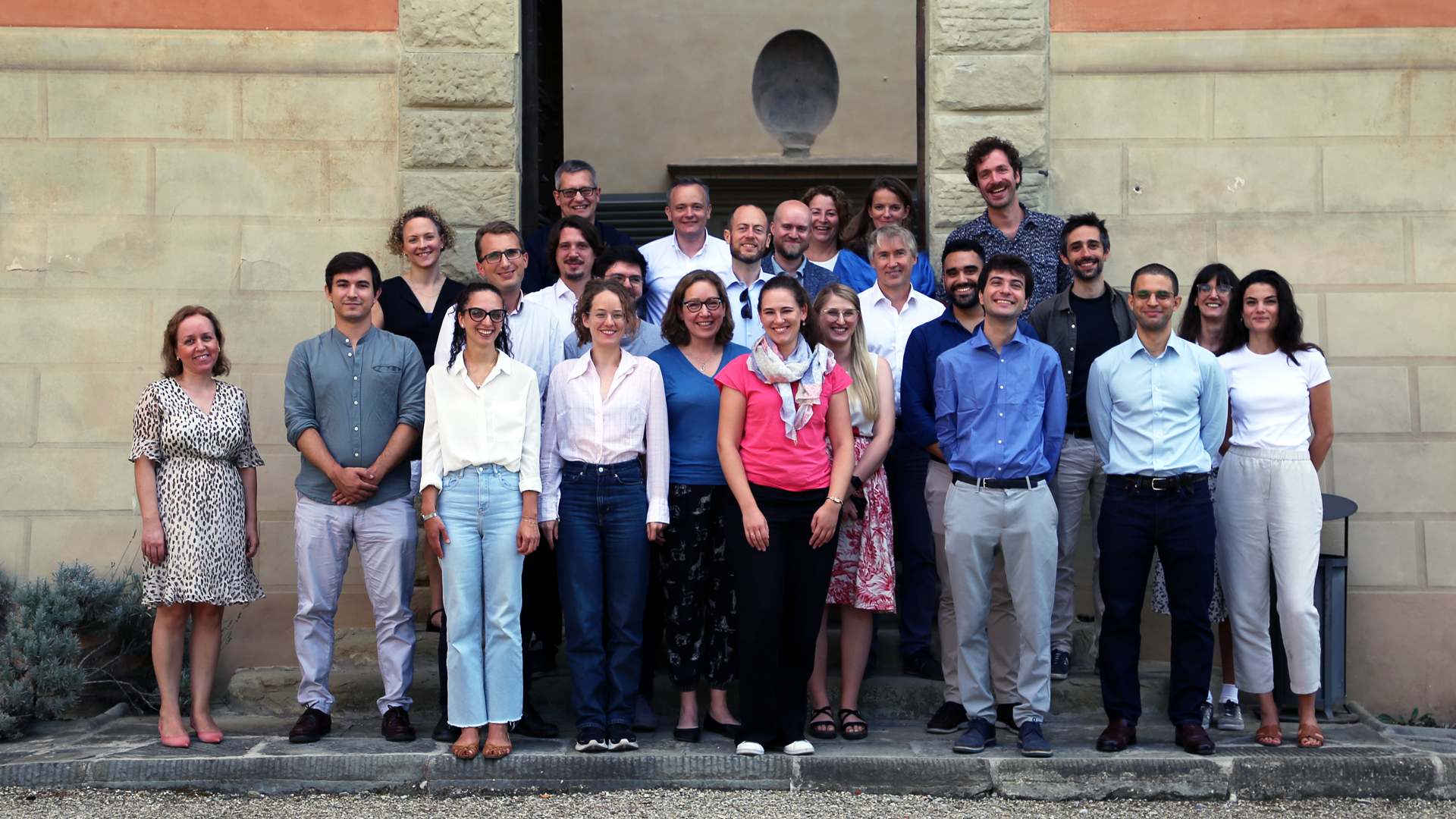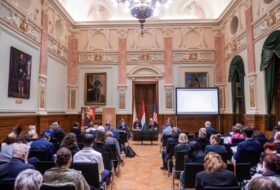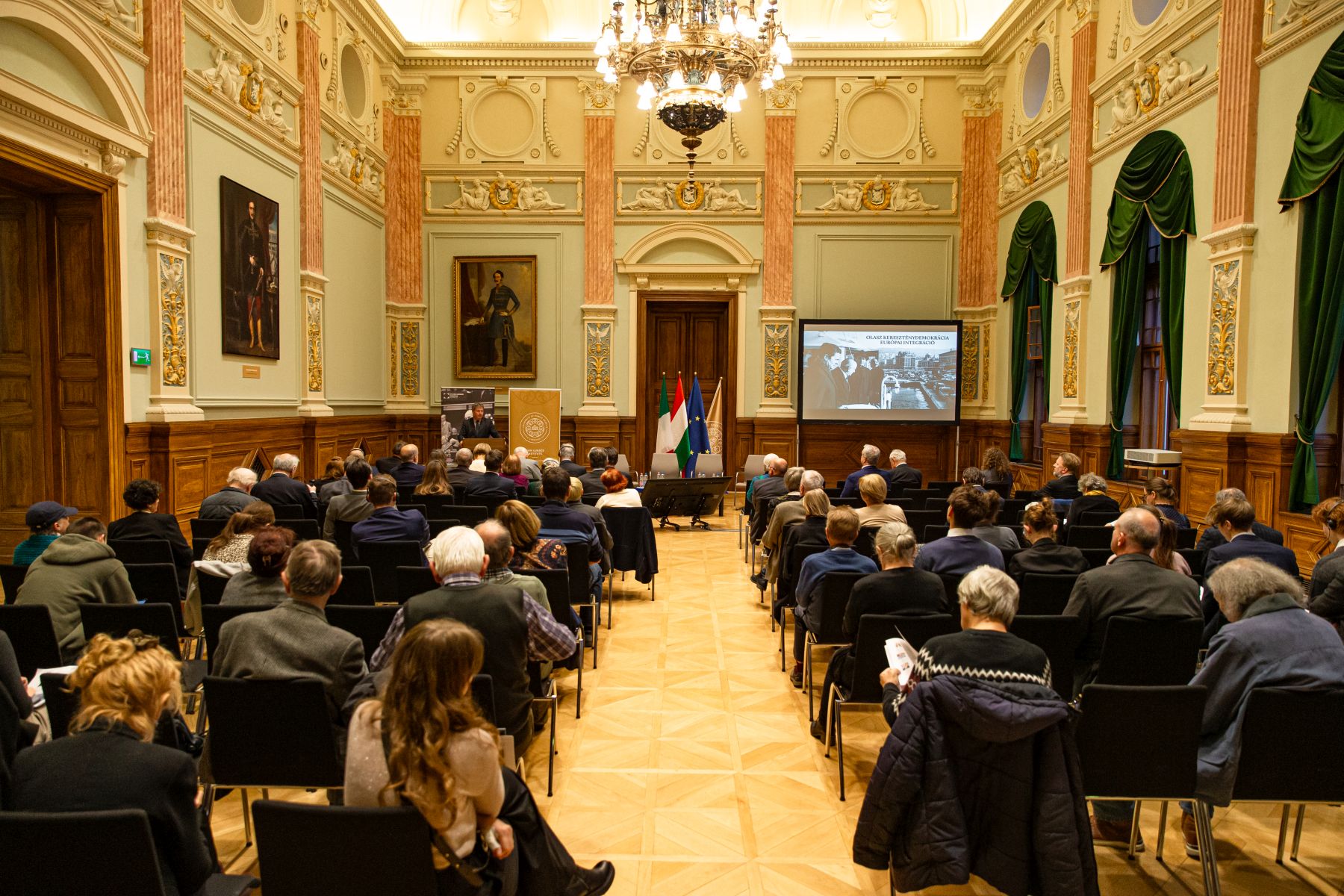This occasion marked the fifth time the Historical Archives of the European Union (HAEU) and the Alcide de Gasperi Centre of the European University Institute (EUI) have organised a conference for doctoral and postdoctoral researchers. The event in the Villa Salviati—a venue with many links to the history of the Florentine aristocracy, currently managed by the EUI—addressed historiographical and methodological issues of the history of European integration, providing an opportunity to share research results and experiences and to build professional contacts.
In his presentation entitled “Political Networks and a Parliamentary Mandate”, Bence Kocsev, a member of our Foundation, outlined our namesake’s activities in the European Parliament not as an isolated episode of his career but as a milestone in his conscious and diligent political efforts, a fulfilment of his work ambitions. In this light, the lecture focused on the role of the conservative political networks that were significantly shaped by the former Crown Prince after the Second World War and the way these networks affected European integration, particularly the extent to which the cornerstones of the political credo they represented influenced Otto von Habsburg’s actions as a Member of the European Parliament.
The conference was nevertheless interesting, not only within its defined thematic scope but also as a testament to the Fiesole Hills institution’s unequivocal position as a focal point for European social science research. As a prominent forum for academic dialogue, it assumes a pivotal role in connecting the European scientific community and bridging existing divides. Therefore—despite reservations regarding the Western academic orientation toward public affairs—there is merit in considering further strengthening institutional ties from the Hungarian side as well.


